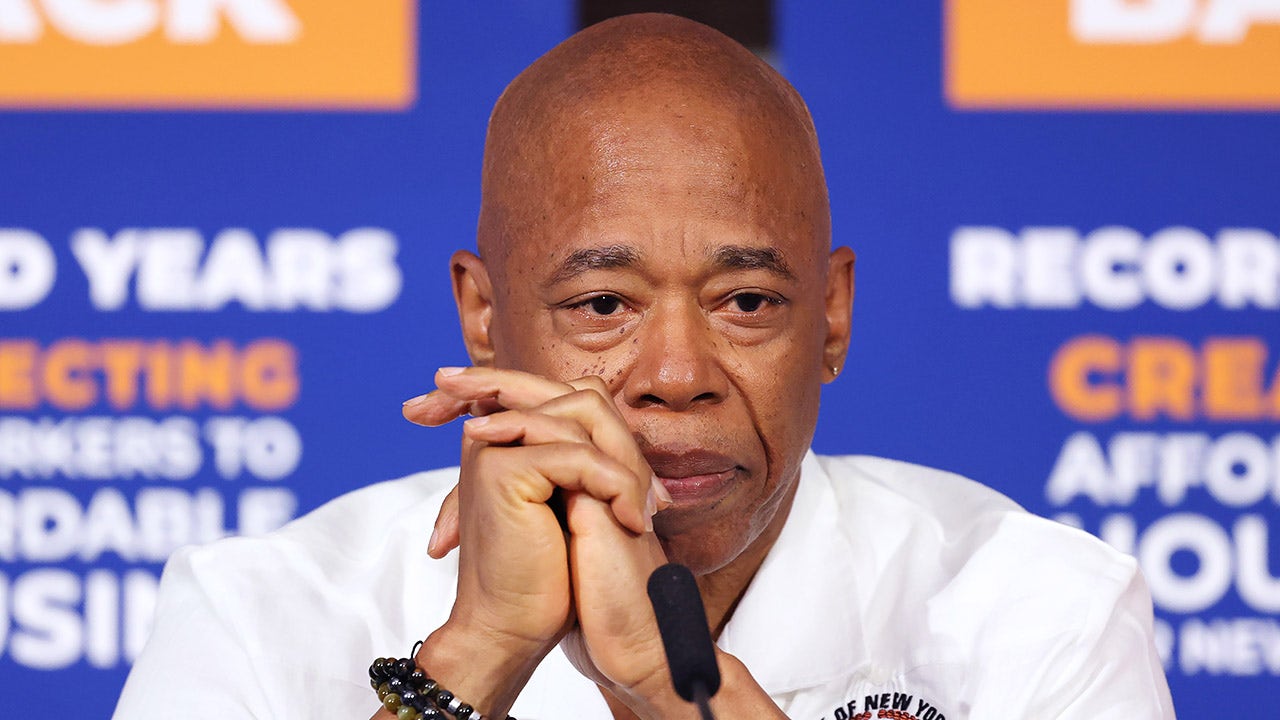NJ pastor on trying to bring young people back to religion
Amid a growing number of people leaving religion, Rev. Preston Thompson of Ebenezer Baptist Church in Englewood is trying to bring young people back.
Michael Karas, NorthJersey.com
Last June, the Catholic Archdiocese of Newark launched a review called “We Are His Witnesses,” which aimed to consider potential consolidations or closures of some of its 211 North Jersey parishes.
But amid confusion and pushback from many parishioners, Cardinal Joseph Tobin said Wednesday that the archdiocese will now extend its review to allow for further study and conversations.
In a letter published on the Archdiocese website March 4, Tobin, the archbishop of Newark, noted the challenges remain the same: a steady decline in membership and a shortage of priests projected to grow worse in the coming years. He did not specify how much longer the process would take but said he would have more to announce in June.
The largest of New Jersey’s five Catholic dioceses, the Newark Archdiocese serves approximately 1.3 million people in Bergen, Essex, Hudson and Union counties.
Story continues after gallery.
Some parishioners, Tobin wrote, “came to believe — incorrectly — that the overall goal of We Are His Witnesses is to close churches. That has never been the purpose.
“This work is not driven by downsizing, but by mission: by the call to strengthen parish life so that it can truly form disciples and reach those who are not yet engaged in the life of the Church.”
The program’s aim is not to close churches, but to “strengthen parish life” he added.
He said a follow-up announcement would come on June 12 but reassured parishioners that “there is no need to fear that an immediate and wholesale closure of parishes will be announced.”
‘The Church is not a museum’
Current circumstances demand Church leaders to make difficult decisions, he said. “The challenges we face are real: fewer priests, fewer people in the pews, communities that look very different than they did even a generation ago, and financial strain. Ignoring the changed landscape does not preserve parish life; it weakens it. The Church is not a museum to preserve what it once was,” he wrote.
The initiative kicked off last summer, with meetings at churches around the region to allow parishioners to offer feedback. Many expressed fears about their future of their church, Tobin said.
Parishioners at many of the meetings and in letters to Tobin expressed concerns about the program. As a result, Tobin concluded that “it is clear that the communities of the Archdiocese need more time for honest discernment. We are extending this phase of our work to allow for deeper reflection and broader consultation throughout our local Church.”
“This is not a pause in mission. It is a call to take the mission seriously and to ask ourselves, with renewed honesty, what it means to be a missionary Church today.”
Msgr. Richard Arnhols, pastor emeritus of St. John the Evangelist Roman Catholic Church in Bergenfield and a member of a committee of pastoral leaders helping to guide the review, said that, “Based on the input from the priests and people of the parishes which took place last fall, Cardinal Tobin has approved a period of additional study and reflection before any decisions are made.”
The first step is further conversation among parish priests, which will take place this month, he said.
More: Can North Jersey Catholics challenge plan to merge dozens of churches?
Gregory Hann, a religious instructor at St. Vincent Academy in Newark, applauded Tobin’s decision. “If we continue to do things the way we have been doing them, we become a stagnant Church and we allow the comforts of our culture and the outside to keep us from moving from the Cross to glory.”
Nicholas Grillo of Bloomfield, a parishioner who attended several listening sessions at Holy Rosary Church in Jersey City, approved of the decision. “Hopefully the pause will give them time to reevaluate this going forward,” he said.
He added that it was a “waste of money” to pay large sums of money to a consultant that “doesn’t understand the intricacies of the Archdiocese of Newark,” he said, referring to the Catholic Leadership Institute, a Pennsylvania group that the archdiocese has engaged.
Instead, Grillo suggested, “they should put together a group of lay parishioners and priests from the diocese who can collaborate on a better path forward.”


































